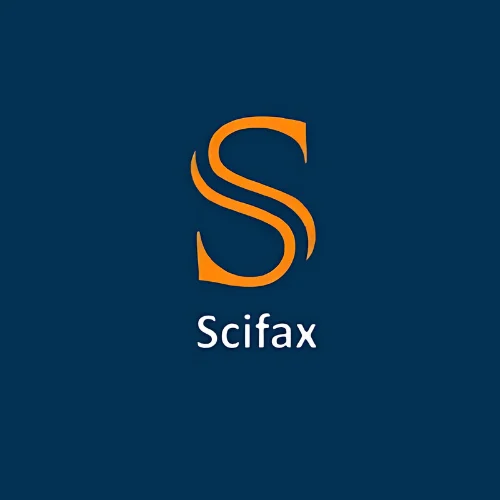Introduction:
Welcome to the future of scientific excellence! The Young Scientist Award celebrates and empowers the brilliant minds shaping tomorrow's discoveries. This prestigious accolade recognizes outstanding contributions from young scientists, propelling them toward greater heights in their research journey.
Eligibility:
- Age Limit: 35 years and below
- Qualifications: Hold a relevant degree in a scientific field
- Publications: A minimum of two impactful publications
- Requirements: Demonstrate exceptional commitment to research and innovation
Evaluation Criteria:
Candidates will be assessed based on the originality, significance, and impact of their research, as well as their potential to contribute to the scientific community.
Submission Guidelines:
- Submit a detailed biography
- Include an abstract of your research
- Attach supporting files showcasing your work
- Submission deadline: [Specify Date]
Recognition:
The recipients will be acknowledged at a prestigious ceremony, gaining visibility in the scientific community.
Community Impact:
The award aims to foster collaboration and knowledge-sharing among young scientists, creating a positive impact on the global scientific landscape.










